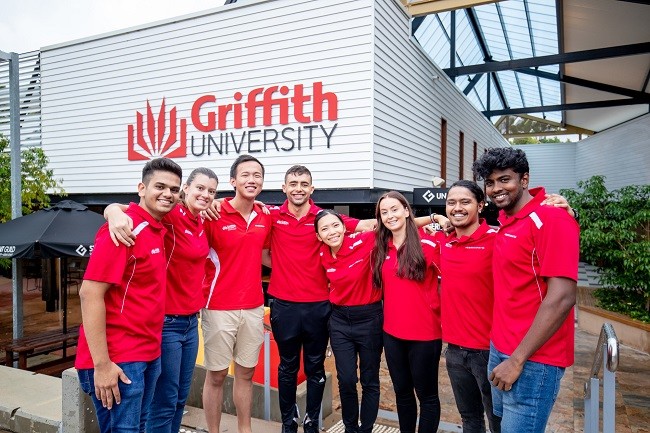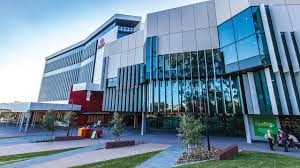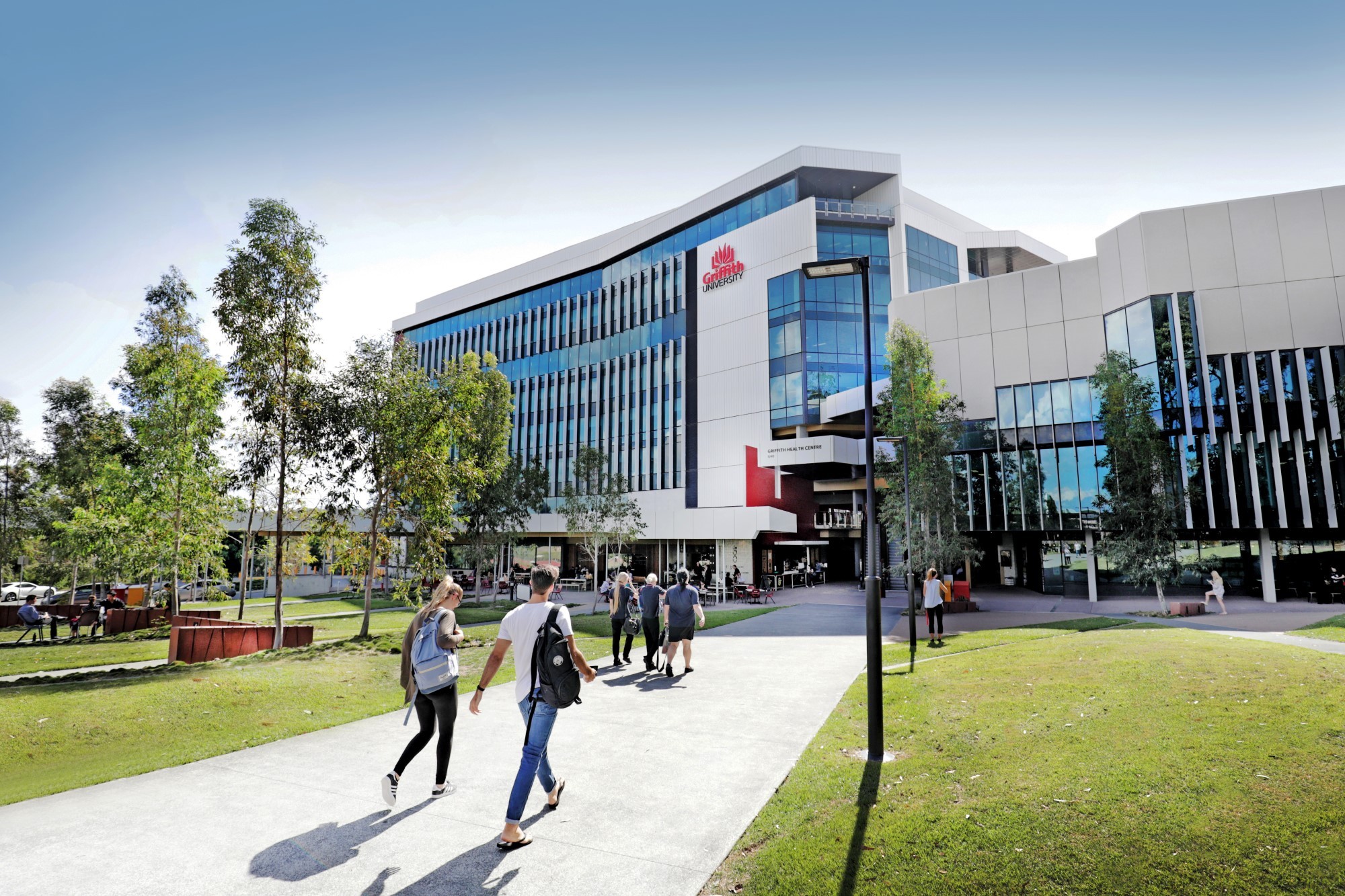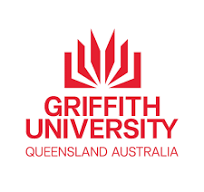
MASTER OF PROFESSIONAL ENGINEERING


Overview
2 YEARS
YES
AU $42,500 PER YEAR
FEB, JULY, NOV
Overview
> The Master of Professional Engineering is for aspiring engineers who want to obtain accredited qualifications to practise as an engineer in Australia and overseas, or for existing professional engineers to move into a different field of engineering. The program focuses on the knowledge and skills required to design solutions and manage engineering projects in a holistic way. For those from a science, environmental science or computing background who want to change careers to become an engineer, the Graduate Diploma of Engineering Science provides a pathway to the Master of Professional Engineering.
Majors
*Civil Engineering (Gold Coast)
*Electronic Engineering (Nathan)
*Electronic and Energy Engineering (Nathan)
*Environmental Engineering (Nathan)
*Mechanical Engineering (Gold Coast)
Program accreditation
> The Master of Professional Engineering is provisionally accredited by Engineers Australia.
> In Australia, professional accreditation of entry to practice engineering programs is the responsibility of Engineers Australia and is normally carried out on a five-yearly cycle. Griffith University underwent this review in September 2020.
> Accreditation ensures academic institutions consistently meet national and international benchmarks and engineering graduates of an accredited program are assured membership with Engineers Australia at the relevant career grade and enjoy reciprocal privileges by equivalent professional bodies overseas.
> Countries such as the USA, United Kingdom, Hong Kong (SAR), New Zealand, Canada, South Africa and others that are co-signatories to international agreements on joint recognition offer international recognition.
> The Washington Accord, the Sydney Accord and the Dublin Accord recognise the substantial equivalence of accreditation systems and accredited programs across international boundaries at the Professional Engineer, Engineering Technologist and Engineering Associate levels respectively. Please refer to the International Engineering Alliance (IEA) website for more details.
> As accreditation is outcomes-based, provisional accreditation is granted if an engineering course or program hasn¿t yet produced a sufficient number of graduates. This means the program meets the accreditation criteria to the extent possible at the time of the evaluation and will likely receive full accreditation when a representative group of graduates have emerged. Please refer to Engineers Australia website for further information on provisional accreditation.
> Please see the Engineers Australia website for the most recent list of accredited programs.
Attendance information
> This program will be offered full-time on-campus at the Nathan and Gold Coast campuses.
> If you are an International student on a student visa, you must ensure that you enrol in a way that will allow you to complete your enrolment within the expected program duration as stated on your Confirmation of Enrolment (CoE).
My career opportunities
> The Master of Professional Engineering will provide the engineering professional practice and research skills that lead to recognition as a graduate engineer in Australia. The qualification will be recognised internationally through the Washington Accord of the International Engineering Alliance.
Civil Engineering
> Look around you - much of the physical infrastructure that makes up our modern society is made possible by Civil engineers. Civil engineers provide a major contribution to society by supporting the design and development of essential services, and by managing and improving the built environment. By studying civil engineering you will develop your knowledge in the planning, design and construction of buildings and infrastructure such as: roads, bridges and highways, rail networks, irrigation, drainage and flood mitigation systems, airports, water and wastewater treatment plants, port harbours and residential homes. If you want to get a career creating tomorrow's cities, then this is the degree for you.
Electronic Engineering
> We are surrounded by technologically advanced electronic devices and gadgets that make our modern lifestyle possible. These are all developed by electronic engineers. In this major you will gain a foundation in electronics, as well as develop the hardware and software skills needed for the design, development and engineering of the electronic circuits used for many applications. You will learn about computer-based products and essential systems in our society. You will focus on the development, construction and design of electronic parts and systems - ranging from everyday items to applications for large corporations and industries.
Electronic and Energy Engineering
> In the last few centuries, society has made remarkable developments in terms of everyday interaction with electrical and electronic devices. We are surrounded by sophisticated ever evolving devices and gadgets that enables communication, control, movement, and comfort. electrical energy and electronic engineers play a key role in developing devices, systems, control, communication, enabling building technology and infrastructure, nationally and internationally. This program will provide you with the necessary competency through a foundation in electrical and electronic knowledge, as well as develop the hardware and software skills needed for the design, development, and engineering of electronic circuits and electrical systems. As Electrical (energy) and electronic engineers are equipped to work in all types of industries and in a very wide range of settings, the employment opportunities for graduates are endless. Furthermore, as this degree will open-up an exciting world ranging from development of small devices up to large international scale infrastructure projects, it provides an opportunity of permanent secured employment as well as making a major impact on the future of society.
Environmental Engineering
> The wants and needs of a rapidly expanding, global population means it has never been more important to shape our environmental future. Environmental engineering is your pathway to protecting the natural environment and its resources by ensuring that we minimise the adverse effect we may have on it. In this major you will develop an understanding of complex environmental problems and issues, and of the challenges facing environmental sustainability. You will learn to design creative engineering solutions and manage key projects associated with environmental protection in the area of air quality, water and wastewater, and waste management. If you want an environmental career that can change the world, this is the degree for you.
Mechanical Engineering
> Mechanical engineering is one of the broadest engineering disciplines including the design, analysis, manufacture and maintenance of mechanical systems. This major is built on a strong foundation of theory and reinforced by practical experience - all underpinned by our ethos of learning by doing. You will be involved in the development and use of new materials and technologies, as well as design and analysis using advanced software and computer systems.
Inquire Now
Entry Requirements
> To eligible for admission to the Master of Professional Engineering, a student must hold:
> a three-year Engineering degree (for example, Bachelor of Engineering Science or Bachelor of Engineering Technology or equivalent) in a cognate discipline; OR
> a three-year post-secondary Diploma of Engineering from a recognised tertiary institution in a cognate discipline AND a completed 40 credit point Masters Qualifying Program (Engineering) from Griffith College;
> AND must have a GPA of no less than 5.0 on a 7-point scale (or a weighted average mark of 65 per cent).
> English language requirements apply to International applicants and other applicants whose previous study was undertaken in a language other than English. The minimum English language requirements for such applicants for entry to this program are as follows:
> A minimum overall band score of 6.5 on IELTS (Academic) with no sub-score of less than 6.0
> OR a minimum score of 575 on TOEFL
> OR an internet-based (iBT) TOEFL score of 79 (no sub-score less than 19)
> OR no score less than 3+ in each skill of the ISLPR (conducted by ISLPR Language Services only)
> OR a minimum overall score of 176 (no score less than 169) on C1 Advanced (formerly Cambridge Certificate in Advanced English) or C2 Proficiency (formerly Cambridge Certificate of Proficiency in English)
> OR an overall score of 58 in the Pearson Test of English (Academic) with no score less than 50.
Fees
Tuition fees
> An International student pays tuition fees.
> Students are liable for tuition fees for the courses they are enrolled in as at the census date.
> The tuition fee for students who commence their program prior to 2014 is charged according to the approved program fee for the trimester in which the student commenced the program.
> FEE (INDICATIVE): $42,500 per year
Scholarships
> file:///C:/Users/LANDMASRK%20EDUCATION/Documents/Scholarships%20and%20finance%20Griffith%20UNI.html
Popular Courses
Find your perfect course
Head Office
Kamaladi, Kathmandu
Tel: +977 14542781, 9845566225
E-mail: info@landmarkedu.com
Sydney office
46 Macquarie Street,
Parramatta, NSW
Tel: +61 415 122 814
Branch office
Tel: 056-590825
Tel: 021-590828
Tel: 977-71-591694



